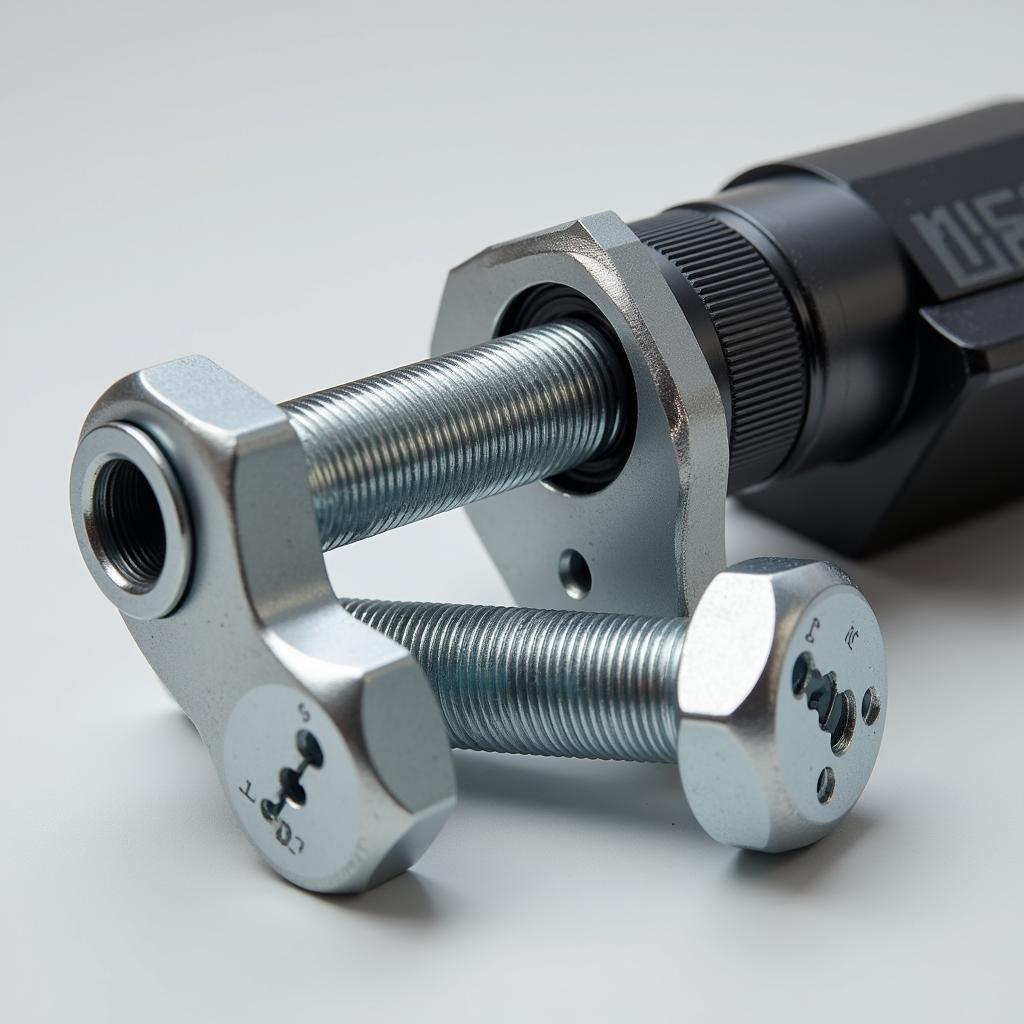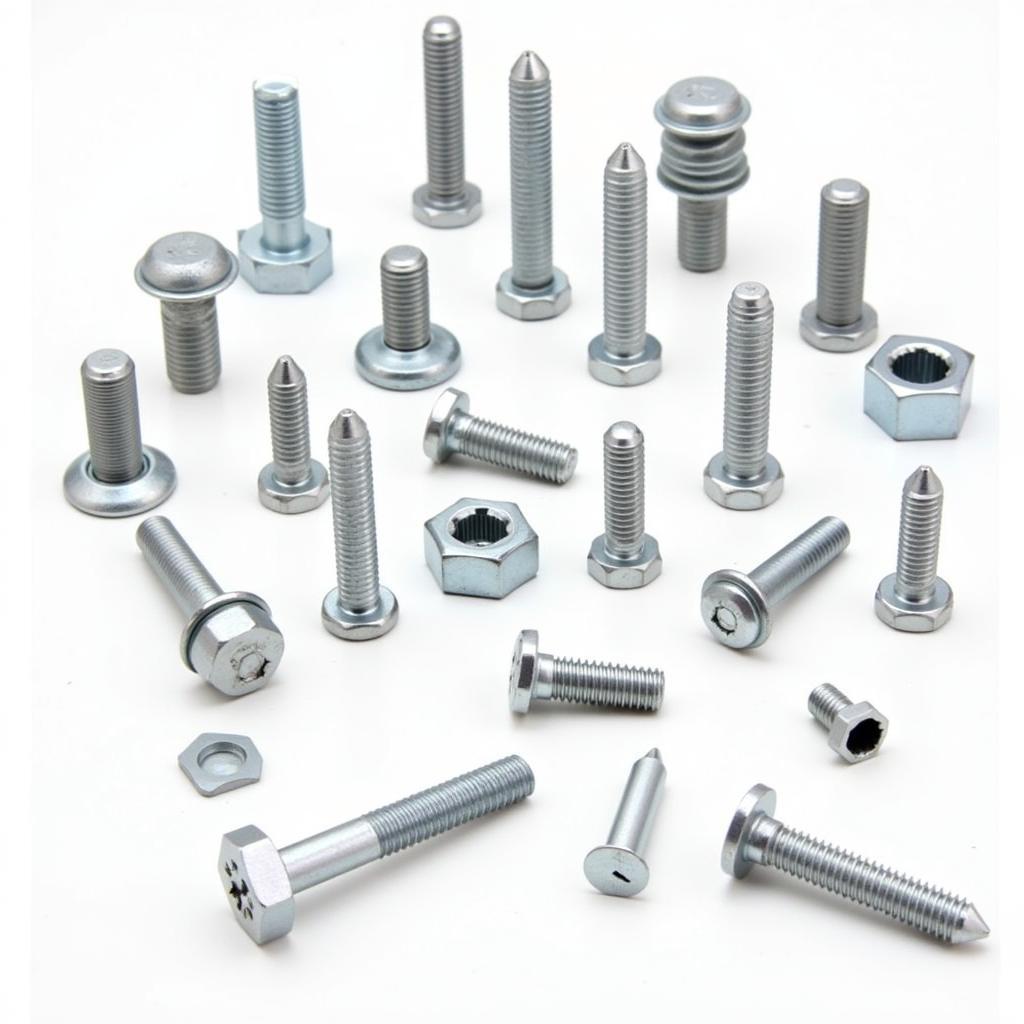Understanding Close Tolerance Bolts: A Comprehensive Guide
Close Tolerance Bolts are essential components in various industries, known for their precise dimensions and tight tolerances. Unlike standard bolts, which have a wider acceptable range of measurements, close tolerance bolts are manufactured with extreme accuracy to ensure a perfect fit and reliable performance in critical applications.
 Close Tolerance Bolt Measurements
Close Tolerance Bolt Measurements
What Makes Close Tolerance Bolts Unique?
Close tolerance bolts stand out due to their strict adherence to dimensional specifications. This precision is crucial for applications where even slight variations can lead to significant problems. These bolts often undergo specialized manufacturing processes and rigorous quality control measures to meet these stringent requirements.
Applications of Close Tolerance Bolts
The unique properties of close tolerance bolts make them indispensable in industries where precision and reliability are paramount. Some common applications include:
- Aerospace Engineering: In aircraft assembly, where safety and performance are critical, close tolerance bolts ensure secure and precise connections in engines, wings, and fuselage structures.
- Medical Devices: Surgical instruments, implants, and medical equipment rely on close tolerance bolts for accurate alignment, stability, and safe operation.
- Military and Defense: Weapons systems, communication equipment, and armored vehicles utilize close tolerance bolts to withstand extreme conditions and maintain functionality under stress.
- Automotive Industry: High-performance vehicles, racing cars, and heavy machinery depend on close tolerance bolts for engine components, suspension systems, and other critical parts.
 Close Tolerance Bolt in Aerospace Application
Close Tolerance Bolt in Aerospace Application
Materials and Manufacturing Processes
Close tolerance bolts are typically made from high-strength materials such as:
- Steel: Various grades of steel, including alloy steel and stainless steel, offer excellent strength, durability, and corrosion resistance.
- Titanium: Known for its lightweight yet robust nature, titanium is often used in applications requiring high strength-to-weight ratios.
- Aluminum: When weight reduction is a priority, aluminum alloys provide a balance of strength and lightweight properties.
The manufacturing process for close tolerance bolts often involves:
- Cold Heading: This process shapes the bolt head without heating, resulting in increased strength and dimensional accuracy.
- Precision Thread Rolling: Threads are formed by rolling dies over the bolt blank, creating smooth, precise threads with minimal material waste.
- Heat Treatment: Controlled heating and cooling processes enhance the mechanical properties of the bolt, such as hardness and tensile strength.
Advantages of Using Close Tolerance Bolts
- Enhanced Reliability: Precise fit minimizes movement and vibration, reducing the risk of loosening or failure.
- Increased Strength: Tight tolerances ensure even load distribution, maximizing the bolt’s load-carrying capacity.
- Improved Fatigue Resistance: Reduced stress concentrations due to precise fit enhance the bolt’s resistance to fatigue failure.
- Reduced Assembly Time: Consistent dimensions facilitate faster and easier assembly processes.
- Long-Term Cost Savings: Durability and reliability translate to reduced maintenance and replacement costs over time.
Selecting the Right Close Tolerance Bolt
When choosing close tolerance bolts, several factors should be considered, including:
- Application Requirements: Determine the specific load, environmental conditions, and material compatibility requirements.
- Thread Size and Pitch: Select the appropriate thread size and pitch based on the application’s needs.
- Material: Choose a material that offers the desired strength, corrosion resistance, and temperature resistance.
- Head Type and Drive Style: Consider the accessibility and torque requirements for installation.
- Tolerance Class: Specify the required tolerance class based on the application’s precision demands.
 Types of Close Tolerance Bolts
Types of Close Tolerance Bolts
Conclusion
Close tolerance bolts play a vital role in industries demanding precision and reliability. Understanding their unique characteristics, applications, and selection criteria is crucial for engineers, designers, and manufacturers. By choosing the right close tolerance bolt, industries can ensure the structural integrity, safety, and longevity of their products and systems.

